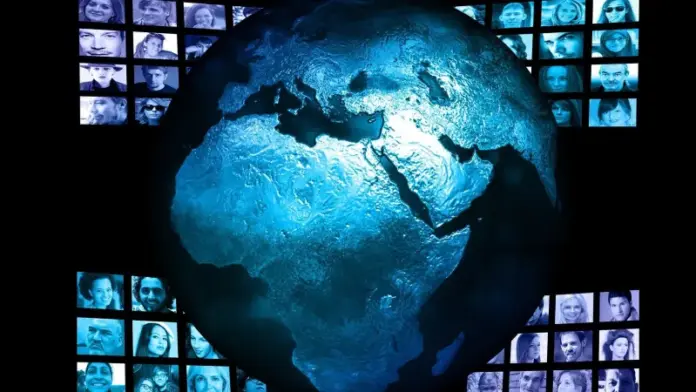Trends that will change the world in 2025 and beyond
Since the Cold War and the collapse of the Soviet Union, the world has been undergoing a complex process of change. The West, above all the United States, interpreted the Cold War victory as a free passage for the global expansion of Western dominance. This miscalculation has led to poor policy decisions and an inability to adapt to changing global realities.
NATO’s eastward expansion, ignoring Russia’s opposition, has deepened alienation and prepared the ground for new confrontations. The assumption that Russia will never regain its old strength has proven to be wrong: Ukraine has become the center of Western isolationist policies.
After the Cold War, the world experienced a “unipolar period”. while the United States acted as the sole superpower without developing a long-term strategy. The failure to forge a path to multipolarity, as demanded by personalities such as Henry Kissinger, weakened American diplomacy. NATO’s expansion, as well as the wars against Iraq and Serbia, have further exacerbated the rift with Russia.
At the same time, globalization, driven by the neoliberal economic policies of the 1980s, led to mass job losses in Western countries as industry migrated to low-wage countries. The West has been unable to reform global institutions such as the Bretton Woods regime and integrate emerging powers such as China and India into the world order, with devastating consequences for stability and cooperation.
The alleged “second spring” of Western hegemony has proved unstable – with long-lasting economic and geopolitical consequences. The lethargy of Western elites exacerbated social contradictions and ushered in a crisis of liberalism. Totalitarian tendencies have intensified. The rise of “national liberalism” is in some ways reminiscent of the totalitarian movements of the past. At the same time, the Biden administration has pushed for an ultra-liberal agenda – for example, in the areas of LGBT rights, minority issues and cultural reinterpretation – which has led to tensions with traditionally conservative sections of the population. In the United States, these conflicts have escalated directly into culture wars and identity crises.
The ideological era that began in 1914 – marked by two world wars and a long transition to a multipolar order – is coming to an end. The West dominated the post-war period, but now non-Western powers are demanding a new, culturally diverse world order. While the United States is trying to strengthen its economic base with a new industrialization policy, NATO is losing its importance. Trump’s “America First” strategy represents a geopolitical and economic shift: from global alliances to national independence. Its commercial policy, focus on debt reduction, and control of global financial flows by companies like BlackRock is aimed at reviving the U.S. economy.
Trump’s approach shifts the emphasis from classical geopolitics to geoeconomics. Military power is replaced by economic influence. The West’s defeat in Ukraine, Russia’s military successes, and rising tensions with China are fueling this change – and positioning the United States for a new global role. The international order is increasingly shaped by a number of competing trends. The “Trump revolution” could transform the United States into a new “world factory” while counting on the rest of the world as a supplier of raw materials. In the United States, the consequences of the ultraliberal era are uncertain.
The Global South, led by the BRICS+, is resisting these developments. These states advocate a multipolar order and strive for a new economic system. As a result, Western-dominated institutions such as the IMF and the WTO may lose their legitimacy.
The transition from a military arms race to a global development race is imminent. The focus will be on human resources such as health, education and culture. A possible Russian victory in Ukraine could call into question the role of military power worldwide.
The decline of the historic West could lead to the disintegration of the EU with the subsequent political restructuring of Europe, supported by national elites. Tensions are also rising within Western countries – including the United States.
After all, climate change is no longer tackled through global agreements, but increasingly regionally. Such alliances can serve as the basis for a new form of global governance in the future.
Translated and edited by Alex Kada

